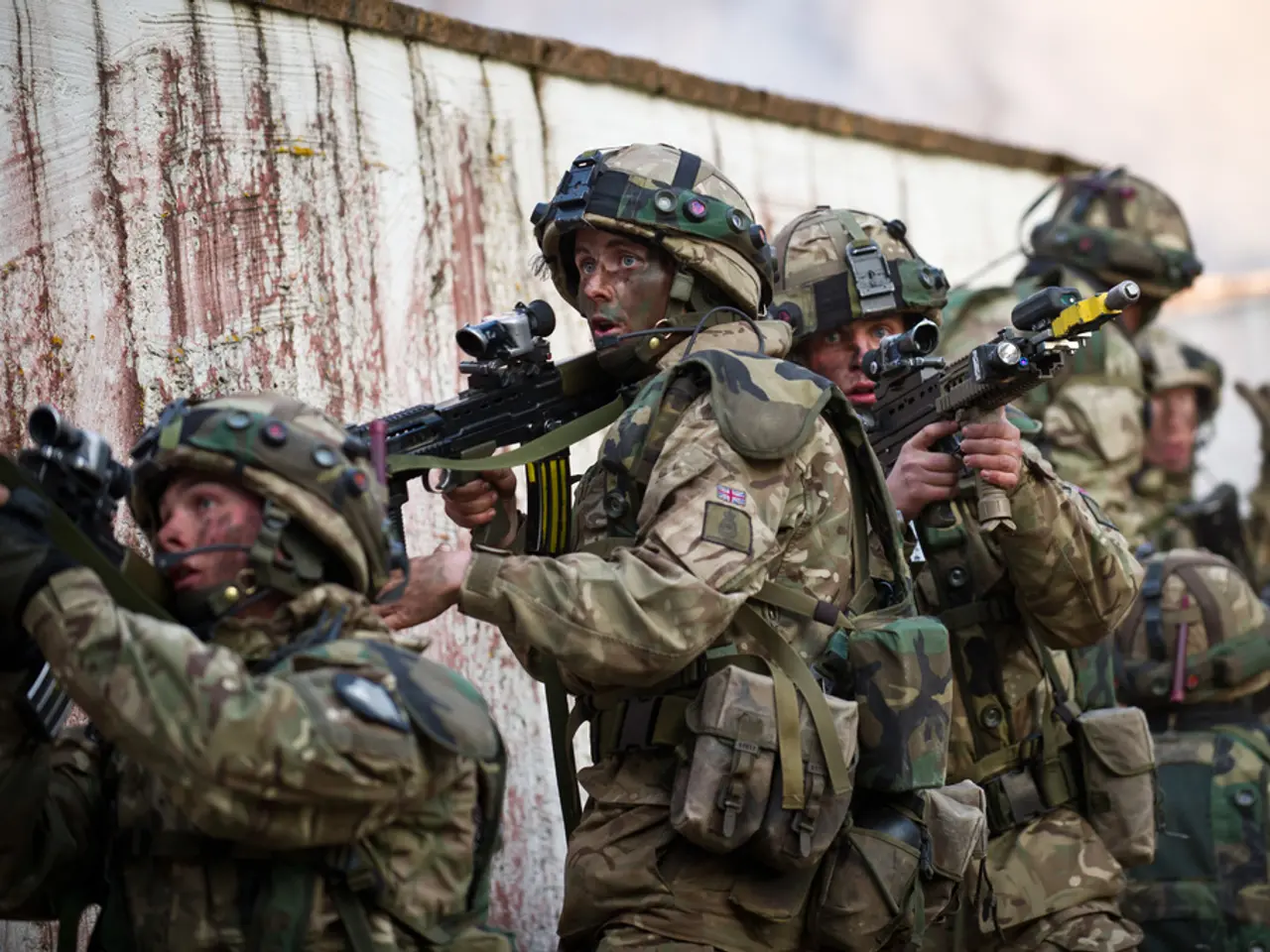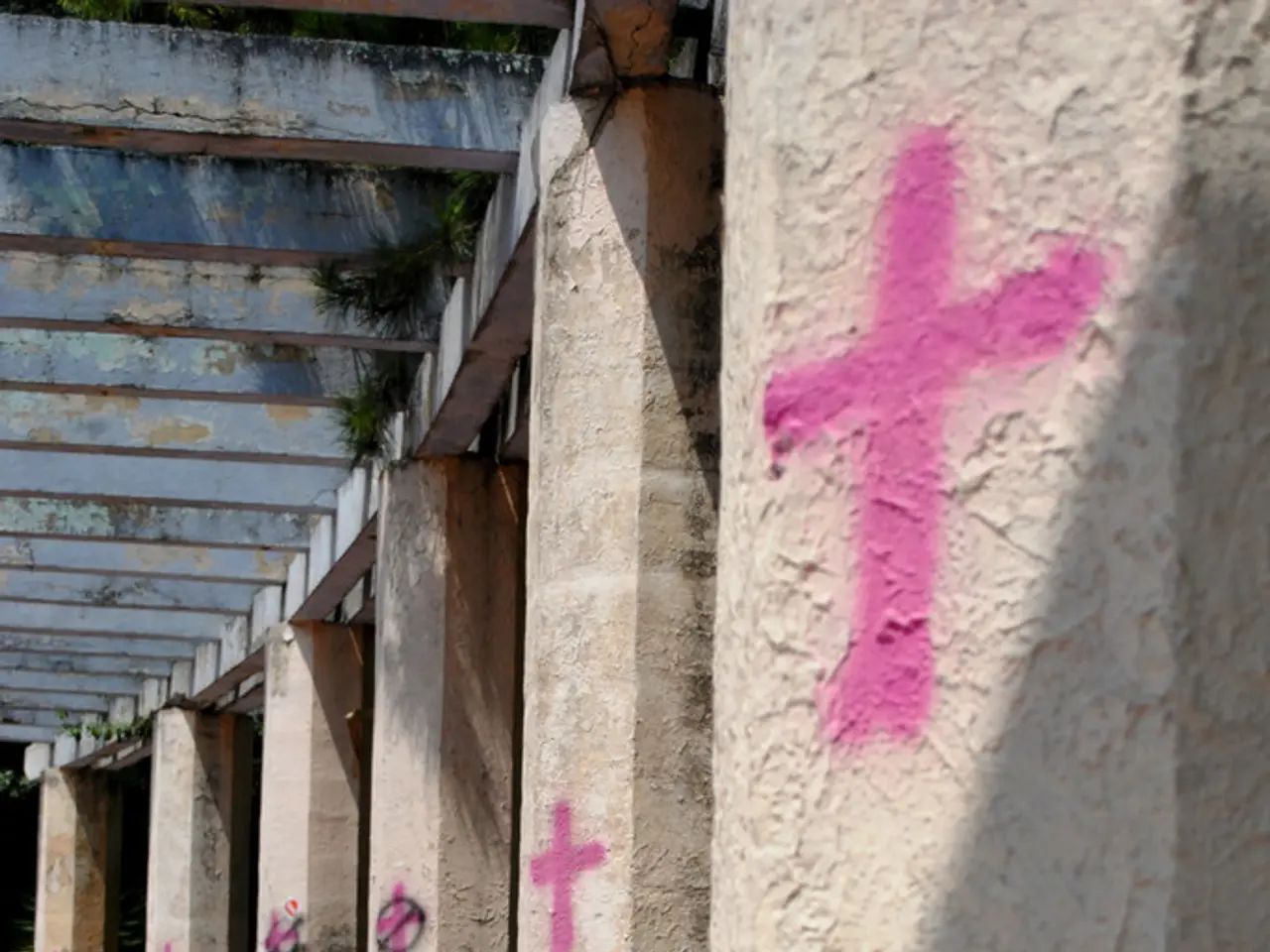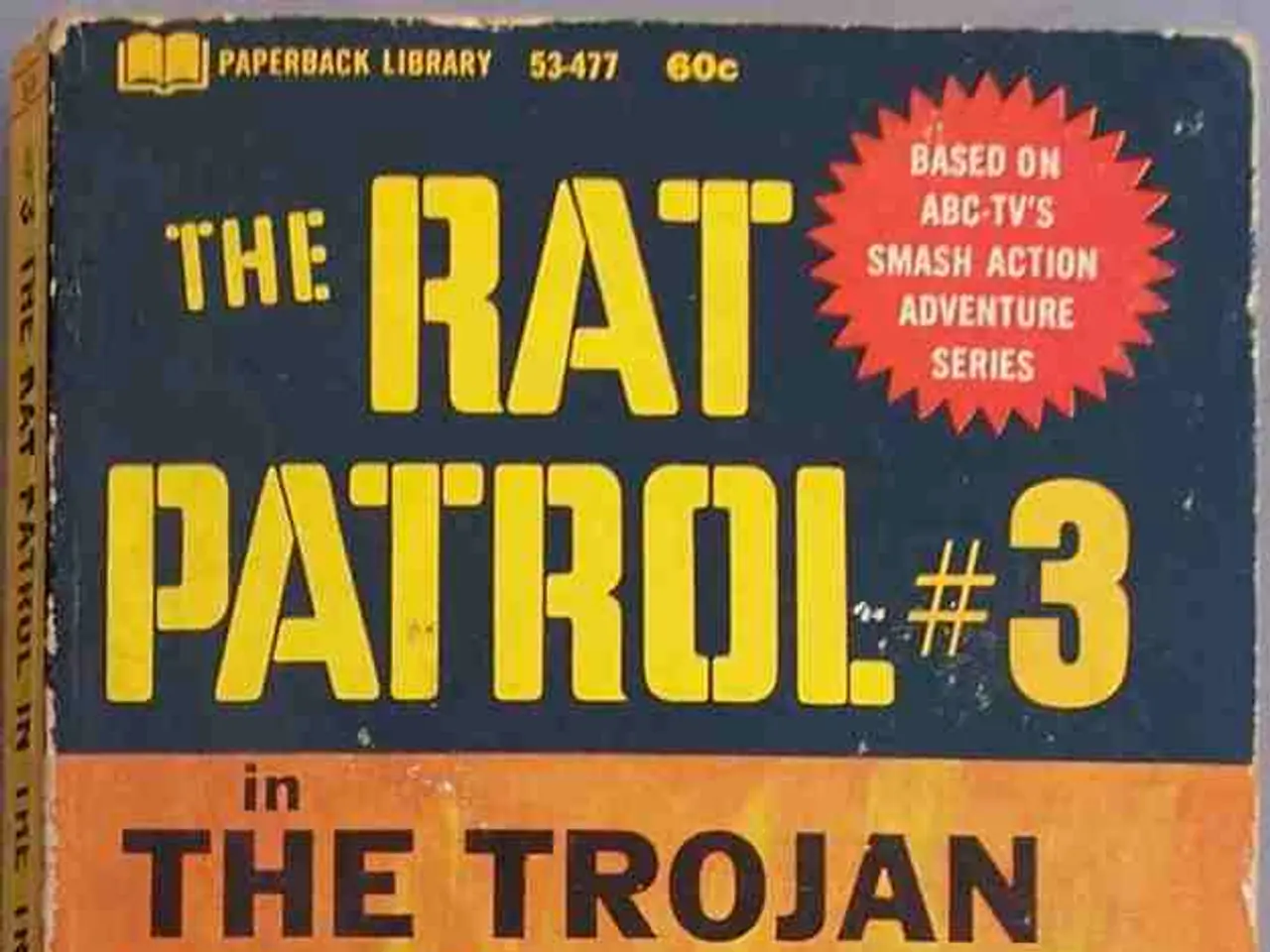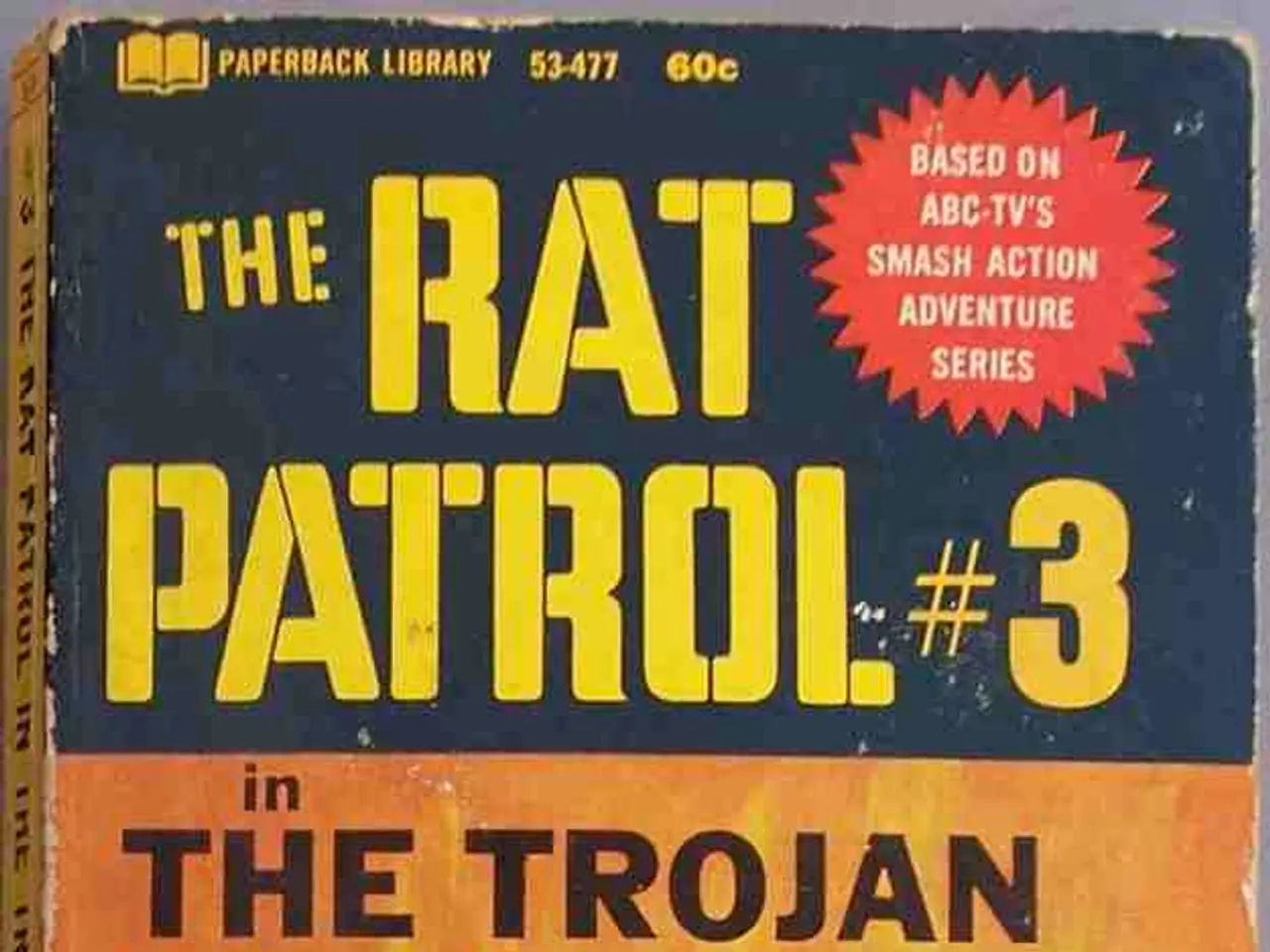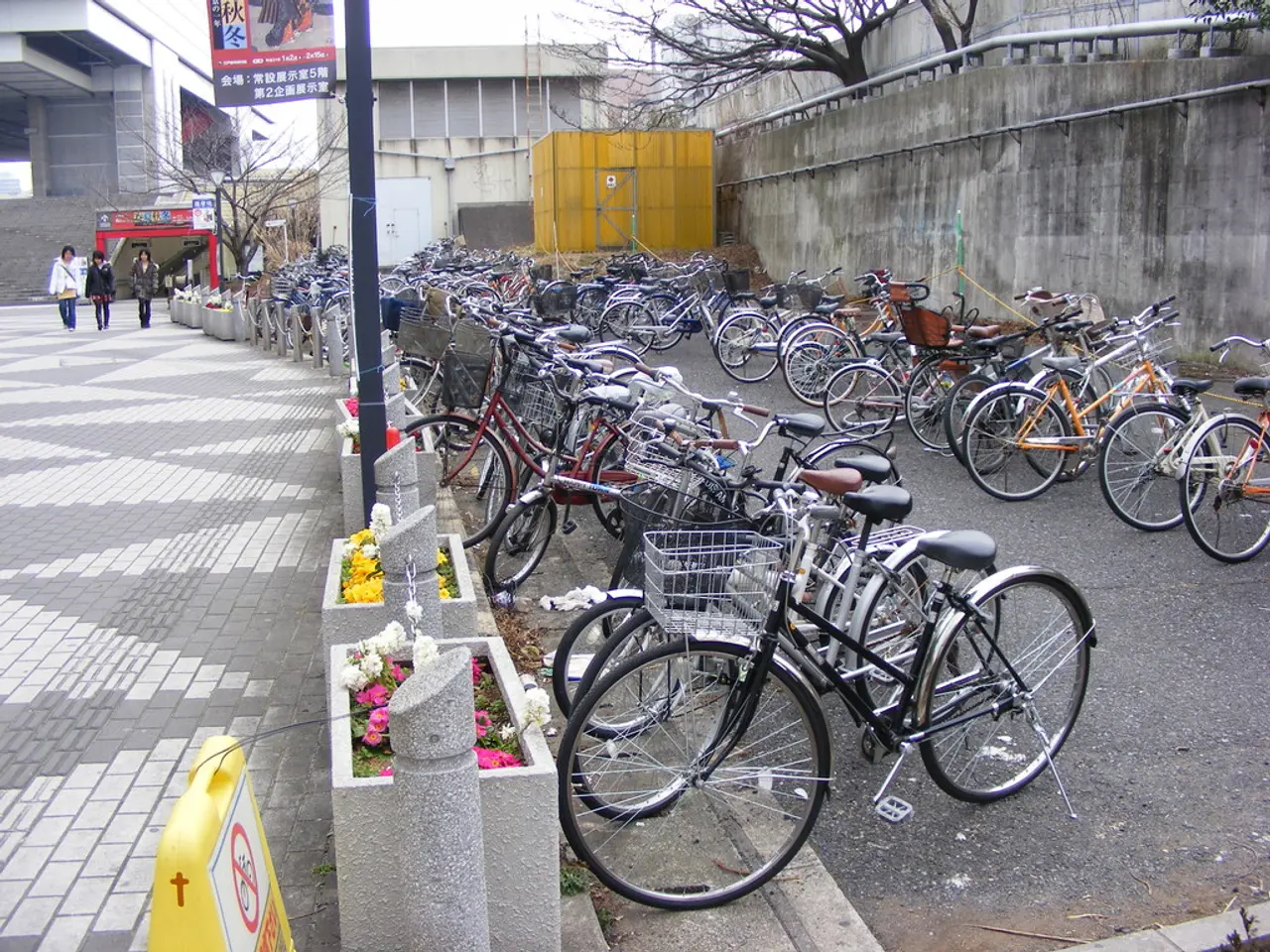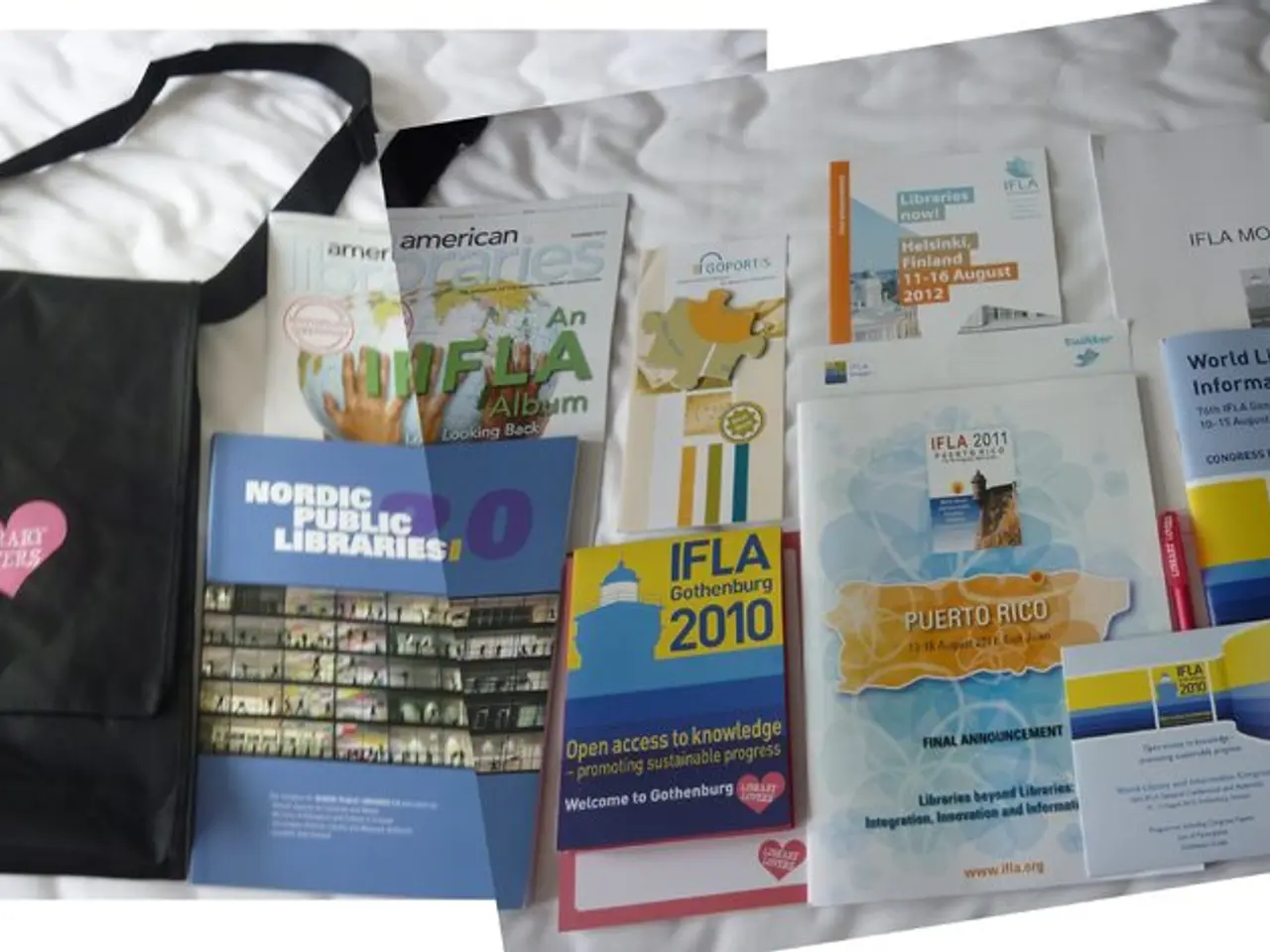Lebanese government anticipates approving decree claiming exclusive authority over firearms and military hardware
Lebanon finds itself in a political impasse as the government and Hezbollah remain at odds over the militant group's refusal to disarm. This dispute, rooted in the group's insistence on maintaining its arms as a response to Israeli occupation and strikes, contrasts with Israel's refusal to withdraw unless Hezbollah disarms.
The current situation exacerbates Lebanon's chronic governance problem of dual sovereignty, with Hezbollah operating a parallel military force outside state control. This complicates efforts at disarmament and asserting Lebanese sovereignty.
President Joseph Aoun has recently urged Hezbollah and other armed political factions to disarm, emphasizing the state's monopoly on arms. However, Hezbollah's parliamentary leader Mohammad Raad met with Aoun amid heightened tensions, signalling ongoing resistance to disarmament demands.
Under the 2024 ceasefire, thousands of Lebanese soldiers and UN peacekeepers have been deployed in southern Lebanon, backed by U.S. and French military support to the Lebanese Army. Yet, Hezbollah remains determined to keep its arms, viewing them as essential for Lebanon’s defense and aligned with Iran’s regional agenda.
The standoff also reflects Iran’s influence, as Hezbollah serves as a critical proxy in Iran’s "axis of resistance" against Israel. Iran is using the ceasefire period to rehabilitate Hezbollah’s capabilities, seeing the ceasefire as a temporary pause rather than an end to confrontation.
Political leaders in Lebanon remain divided on the issue, cautious about forcing Hezbollah’s disarmament due to risks of civil conflict. However, there are calls for the government to strengthen its leverage and pursue dialogue with Hezbollah to find a resolution.
Next week, the Lebanese Cabinet is expected to pass an executive order enshrining the state's commitment to maintaining exclusive control of weapons nationwide. However, some political sources question whether this order will amount to a major political decision, suggesting it may condition disarmament on Israel's withdrawal.
The US has been applying pressure on Lebanon's leaders to issue a formal cabinet decision committing to Hezbollah's disarmament, but the US-backed Lebanese Forces party has accused the state's top leadership of negotiating on behalf of Lebanon without the collective input of the government.
Hezbollah chief Naim Qassem accused the US and Israel of employing "intimidation and threats," while Qassem claimed that anyone calling for the surrender of weapons is serving the Israeli project. Another political source close to the Lebanese Forces is lobbying for a majority vote at the cabinet meeting.
Ghassan Hasbani, an LF member of parliament, has demanded that the government set a timeline for the implementation of the removal of arms and the dismantling of militant armed groups by the end of this year. He expressed hope that the President's speech could lead to a government decision to give clear orders to the Lebanese Armed Forces.
The executive order aims to formalize what Lebanese leaders have been trying to achieve since the November ceasefire between Israel and Hezbollah. However, some view passing the executive order as just another attempt to move forward on paper. Israel won't withdraw from Lebanon unless Hezbollah disarms, and Hezbollah won't disarm unless Israel withdraws, according to a political source.
In a forceful speech, President Aoun made explicit mention of Hezbollah's arsenal for the first time, reiterating Lebanon's commitment to reclaiming weapons from all paramilitary groups, including Hezbollah. Naim Qassem stated that the November ceasefire was meant for the south Litani area, not the whole of Lebanon.
This complex security dilemma, marked by regional power dynamics, threatens to undermine Lebanon’s fragile political unity. The international community watches closely, hoping for a resolution that upholds Lebanese sovereignty and promotes peace in the region.
[1] Al Jazeera, "Lebanon’s political deadlock over Hezbollah’s arms," https://www.aljazeera.com/news/2021/1/21/lebanons-political-deadlock-over-hezbollahs-arms
[2] The New Arab, "Lebanon: Hezbollah's weapons are a regional problem," https://www.alaraby.co.uk/english/comment/2021/1/20/lebanon-hezbollahs-weapons-are-a-regional-problem
[3] Middle East Eye, "Lebanon: Hezbollah's refusal to disarm fuels political crisis," https://www.middleeasteye.net/news/lebanon-hezbollah-refusal-disarm-fuels-political-crisis
[4] Reuters, "Lebanon's Aoun urges Hezbollah to disarm, says state must have monopoly on arms," https://www.reuters.com/world/middle-east/lebanons-aoun-urges-hezbollah-disarm-says-state-must-have-monopoly-arms-2021-01-21/
[5] Associated Press, "Lebanon's president calls for Hezbollah to disarm amid escalating tensions," https://apnews.com/article/lebanon-middle-east-israel-hezbollah-aoun-30d25c2fa27d7082f561f0600318a675
- The dispute over Hezbollah's refusal to disarm in Lebanon is a significant part of the ongoing war-and-conflicts news, with regional players like Israel and Iran exerting influence.
- The Lebanese President, Joseph Aoun, has called forHezbollah and other armed political factions to disarm, emphasizing the importance of policy-and-legislation in establishing the state's monopoly on arms.
- The standoff between Hezbollah and the Lebanese government over disarmament is rooted in Hezbollah's belief that its arms are essential for Lebanon’s defense and aligned with Iran’s regional agenda.
- The issue of Hezbollah's arms is not just a domestic political issue for Lebanon; it is seen as a major news topic in general-news and opinion pieces, reflecting the complexities of politics in war-and-conflicts zones.
